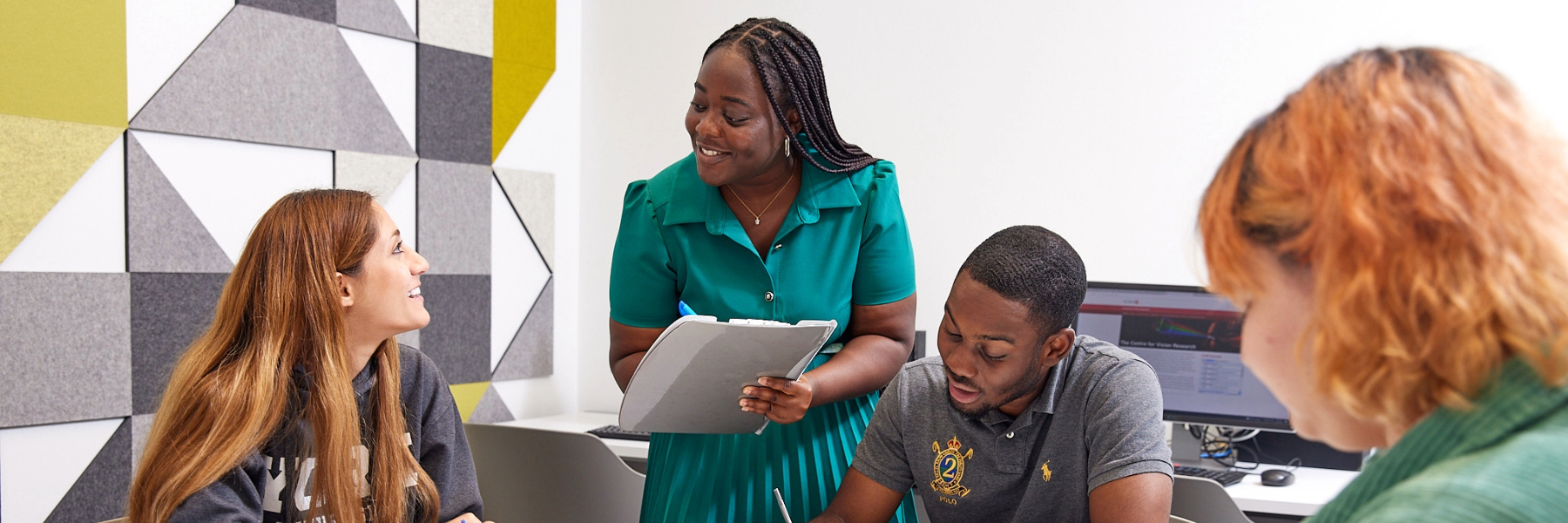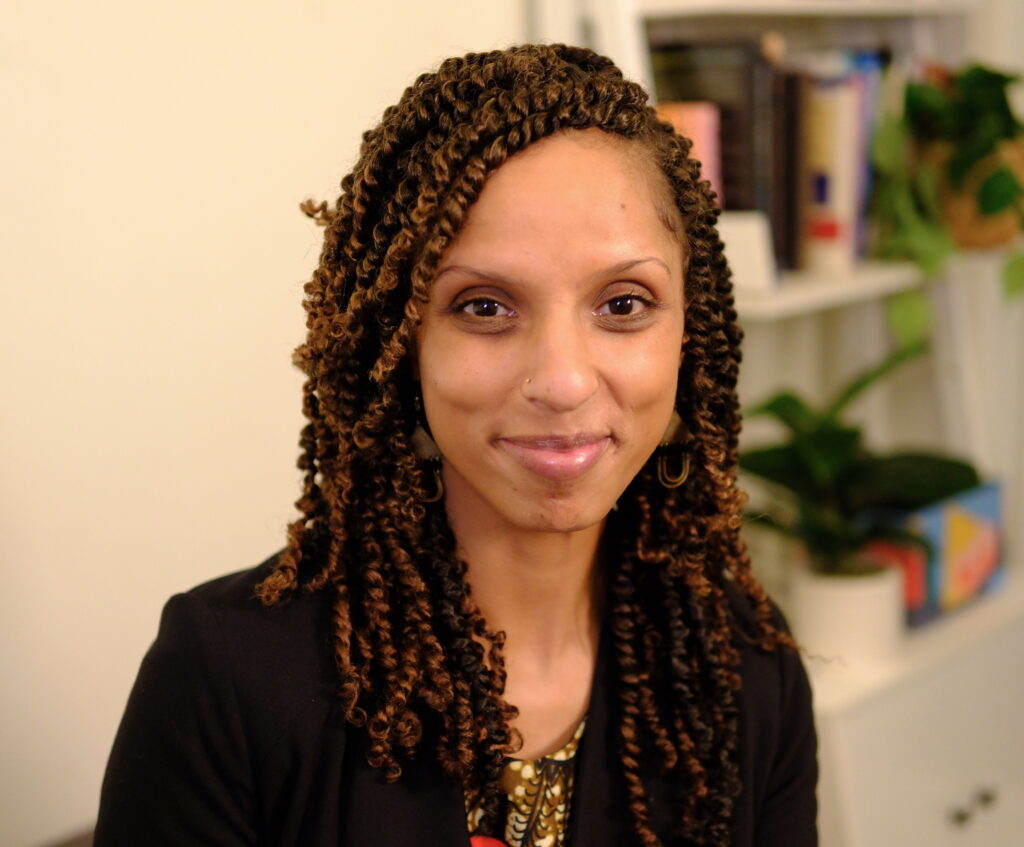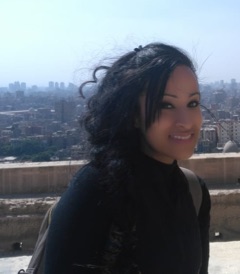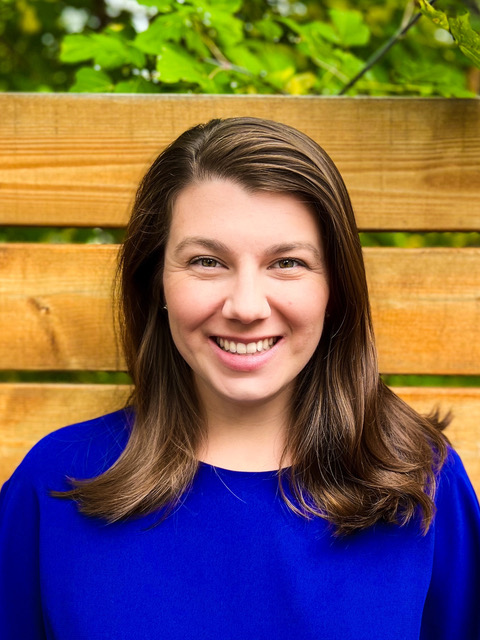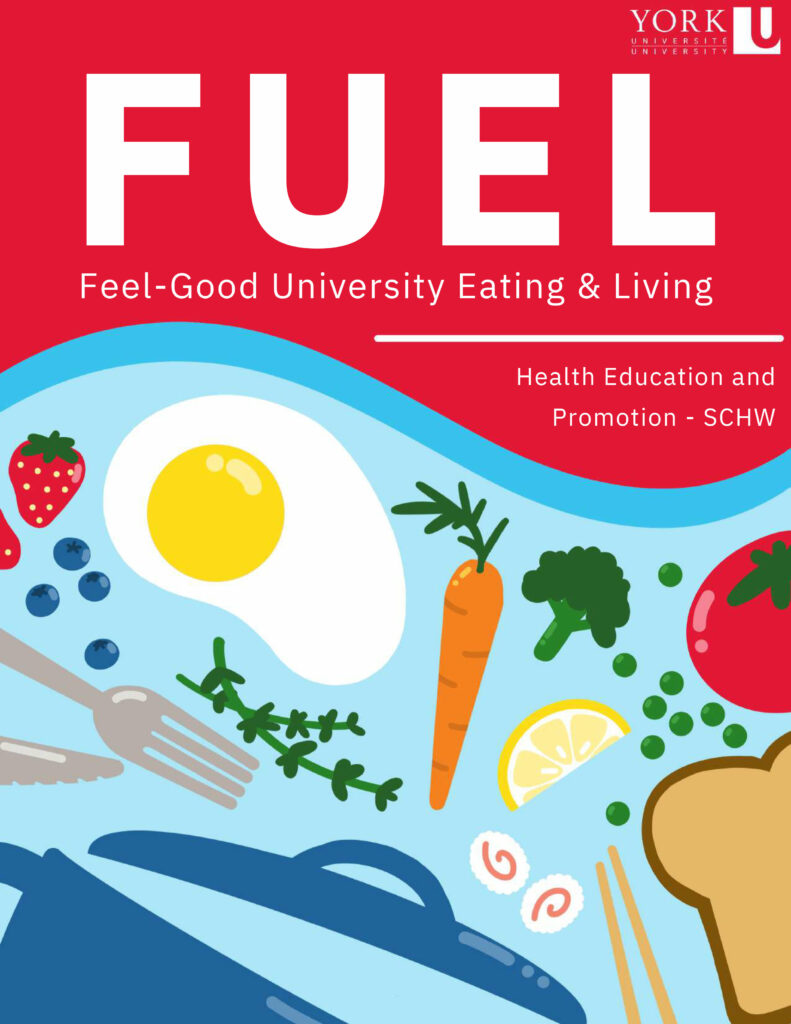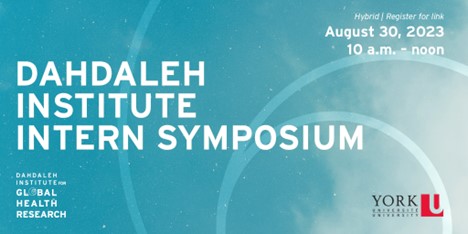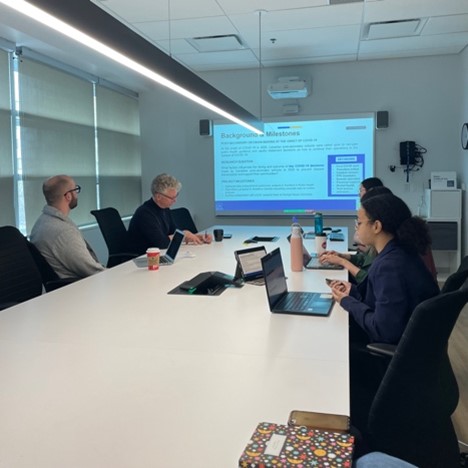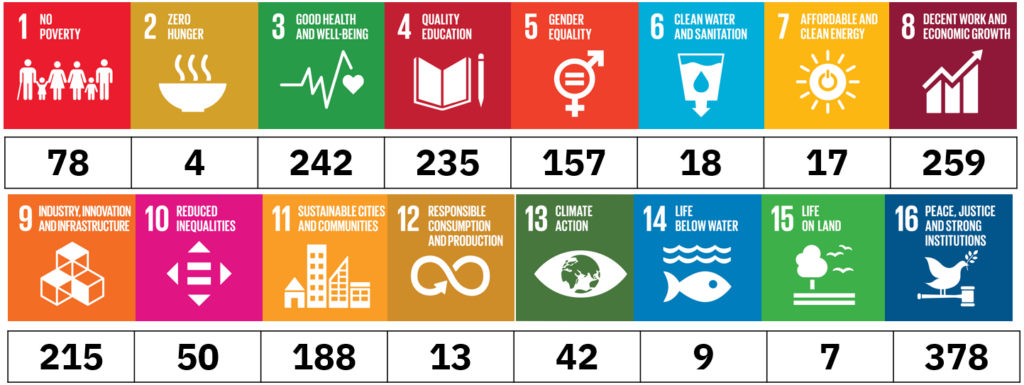A new third edition of the book About Canada: Health and Illness, written by York University health policy and management Professor Dennis Raphael, explores social determinants of well-being in Canada and provides updated information connecting health and illness to the worsening levels of inequality throughout the country.
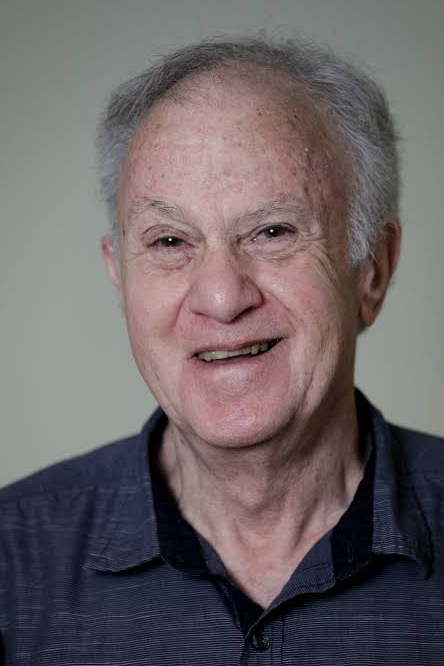
In About Canada, Raphael – an expert in covering health inequality – argues that the inequitable distribution of the social determinants of health is structured by Canada’s political economy, including public policy decisions.
According to Raphael, and his book, while some common wisdom might dictate that our lifestyles – exercise, food choices and more – affect our health, the truth is altogether different. Instead, he says, it is how income and wealth, housing, education and adequate food are distributed, as well as employment status and working conditions, that determine whether we stay healthy or become ill. Furthermore, who gets to be healthy is too often a reflection of social inequalities that are associated with class, gender and race in Canadian society.
The new edition of About Canada points toward how – based on tent cities becoming more common, food bank use hitting record high levels and more – ongoing health inequalities have only escalated since the first edition of his book was released in 2010.
“The social determinants of health situation in Canada has become so problematic as to constitute a polycrisis whereby growing food and housing insecurity, income and wealth inequality, precarious and low-paid work, social exclusion and declining quality of public policy threaten Canadians’ futures,” says Raphael. “The declining Canadian scene not only compelled a documentation of this situation but also formulating a vision of dramatic reform or even transformation of our profit-driven economic system.”
In addition to updated information throughout the book that better reflects the current moment, a new chapter also considers the social determinants of who got sick and died from COVID-19, and how the pandemic makes a clear case for restructuring work and living conditions through public policy that more equitably distributes economic resources.
Raphael’s goal is for the latest edition of the book is to provide important context for readers. “Hopefully, the new edition will provide Canadians with a means of understanding the Canadian polycrisis and means of moving beyond it,” he says.
The third edition of the book will be published on May 2 and is available to purchase through Fernwood Publishing.



